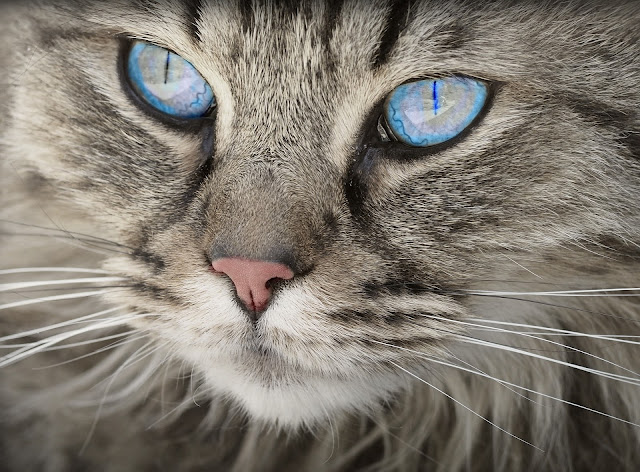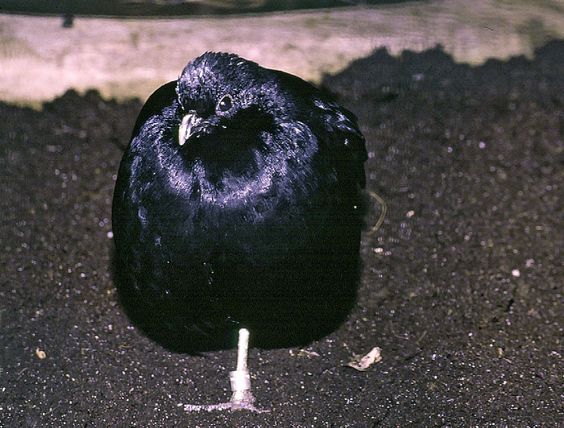What Do Ducks Like Best?
Ducks are fascinating creatures that have unique preferences and behaviors. While it's difficult to determine a single thing that all ducks universally like best, there are several aspects of their natural environment and behavior that they generally enjoy. Here's a detailed and comprehensive description of what ducks tend to favor:
1. Water: Ducks are well-known for their affinity for water. They are highly adapted to aquatic habitats and are most content when they have access to clean and safe water bodies. Whether it's a pond, lake, river, or even a well-maintained birdbath, ducks love to swim, splash, and dive in the water. They use it not only for recreational purposes but also for finding food and avoiding predators.
2. Aquatic Plants: Ducks have a fondness for aquatic vegetation. They enjoy nibbling on various types of aquatic plants, such as water lilies, pondweed, and duckweed. These plants not only serve as a food source but also provide ducks with shelter and nesting material. Having access to a water body with an abundance of aquatic plants is highly desirable for ducks.
3. Insects and Invertebrates: Ducks are omnivorous, and a significant portion of their diet consists of insects and invertebrates. They relish small creatures like insects, snails, worms, and crustaceans. Foraging for these creatures in and around the water is an enjoyable and natural behavior for ducks. Providing a diverse range of insects and invertebrates in their habitat can greatly enhance their well-being.
4. Grains and Seeds: Alongside their love for aquatic life, ducks appreciate a variety of grains and seeds in their diet. They particularly enjoy seeds from grasses, sedges, and other plants found in wetland habitats. A common sight is ducks foraging in fields or grassy areas, searching for seeds and grains. Providing a balanced diet that includes these food sources is essential for the health of pet ducks.
5. Sunlight and Open Spaces: Ducks, like many other animals, thrive in natural environments with ample sunlight and open spaces. They enjoy basking in the sun, preening their feathers, and taking in the warmth. Ducks also require open spaces for socializing, courtship displays, and stretching their wings. Having access to a spacious and sunny area promotes their natural behaviors and overall well-being.
6. Social Interaction: Ducks are social animals and generally prefer the company of their own kind. They form strong bonds within their flocks and engage in various social activities such as grooming, playing, and vocalizations. Having the opportunity to interact with other ducks or being kept in a flock-like environment is crucial for their mental and emotional health.
7. Nesting and Brooding: Female ducks have a strong instinct for nesting and brooding their eggs. They seek out secure and secluded areas to build nests and incubate their eggs. Providing suitable nesting sites, such as tall grasses or nesting boxes, can greatly enhance their nesting experience and contribute to successful reproduction.
8. Foraging Opportunities: Ducks are natural foragers and enjoy the process of searching for food. They like to explore their surroundings in search of edible plants, seeds, and small invertebrates. Providing an environment that offers diverse foraging opportunities, such as a mix of grassy areas, shrubs, and natural vegetation, allows ducks to engage in their natural feeding behaviors.
9. Shallow Water Areas: While ducks enjoy swimming in deeper water bodies, they also appreciate shallow water areas. These shallow areas provide them with easier access to food sources, such as aquatic plants and small aquatic creatures. Shallow water is also important for ducks during the molting period when they shed and regrow their feathers. It allows them to preen, clean their feathers, and maintain their waterproofing.
10. Protection and Safety: Ducks value a sense of security in their habitat. They prefer areas that provide cover and protection from predators. Vegetation along the water's edge, such as reeds and dense shrubs, offers ducks hiding spots and reduces the risk of predation. Ducks also appreciate habitats with minimal human disturbance, where they can feel safe and less stressed.
11. Migration Routes: Some duck species are migratory, and they undertake long-distance journeys during certain seasons. These migrations are a natural behavior for ducks, and they require suitable stopover points along their routes. Ducks appreciate habitats that provide ample food and resting areas during their migratory journeys. Wetlands and other suitable habitats that offer resources for fueling their migration are highly valued by these birds.
12. Peaceful Environment: Ducks generally prefer a calm and peaceful environment. Loud noises, sudden disturbances, and excessive human activity can cause stress and disrupt their natural behaviors. Providing a habitat with minimal disturbance and ensuring a tranquil atmosphere contributes to the well-being and contentment of ducks.
13. Nesting Material: Female ducks require suitable nesting material to construct their nests. They prefer soft vegetation, such as grasses, leaves, and feathers, to line their nests and provide insulation for their eggs. Providing nesting materials in the vicinity of water bodies or nesting boxes can be beneficial for ducks, as it helps them create secure and comfortable nests.
14. Brood-Rearing Habitat: Once the ducklings hatch, they require specific habitat features for their successful growth and development. Shallow water areas with easy access to food, vegetation for cover, and protection from predators are essential for the brood-rearing period. Ducks appreciate habitats that offer these features, as they contribute to the survival and well-being of their offspring.
15. Interaction with Nature: Ducks thrive when they have opportunities to interact with their natural surroundings. The presence of diverse flora and fauna, such as native plants, insects, and other bird species, provides them with a stimulating environment. Ducks enjoy observing their surroundings, engaging in natural behaviors, and interacting with other species, which contributes to their overall happiness.
It's important to note that while these preferences are generally observed in ducks, individual ducks may have their own unique likes and dislikes. Understanding the specific needs and behaviors of the duck species in question is essential for providing the best possible environment for their well-being.






